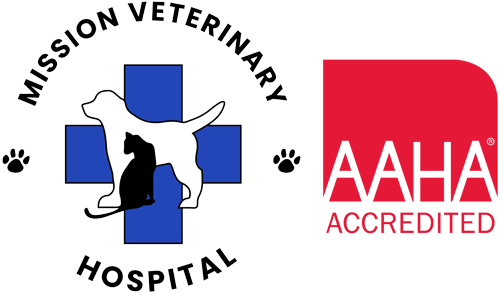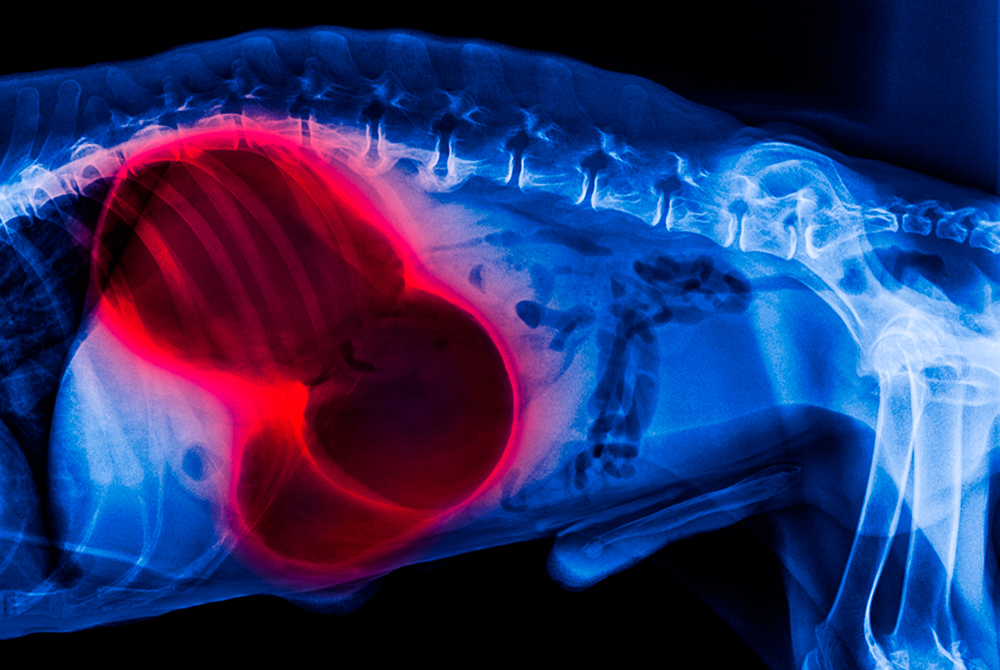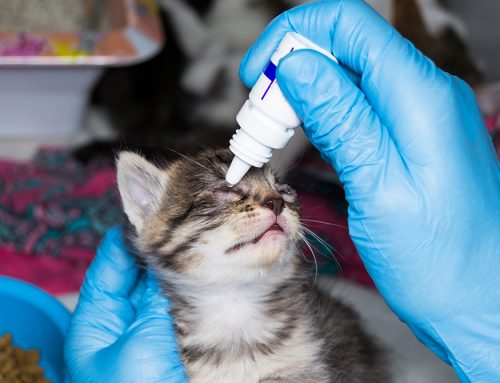Mission Veterinary Clinic
16915 San Fernando Mission Blvd, Granada Hills, CA 91344
Phone: 818-363-8143
Website: missionvet.com
Urgent Care | Walk-ins Only | No Appointments
What is Kidney Disease in Pets?
Kidney disease, also known as renal disease, is a common condition in pets, particularly in older cats and dogs. The kidneys play a crucial role in filtering waste products from the blood, balancing fluids and electrolytes, and producing certain hormones. When the kidneys are damaged or their function declines, it can lead to a buildup of toxins in the body and cause a variety of health issues.
Types of Kidney Disease
- Acute Kidney Injury (AKI): This form of kidney disease occurs suddenly and can be caused by toxins, infections, or trauma. If treated promptly, it may be reversible.
- Chronic Kidney Disease (CKD): CKD is a progressive condition that develops over time, often as a result of aging, high blood pressure, or other underlying health issues. Unfortunately, CKD is not reversible, but early detection and management can slow its progression.
Symptoms of Kidney Disease
Pets with kidney disease may exhibit a variety of symptoms, including:
- Increased thirst and urination
- Decreased appetite and weight loss
- Vomiting and diarrhea
- Lethargy and weakness
- Bad breath or oral ulcers
- Poor coat condition
Diagnosis of Kidney Disease
Diagnosing kidney disease typically involves a combination of:
- Physical Examination: Assessing your pet’s overall health and detecting any abnormalities.
- Blood Tests: Measuring levels of blood urea nitrogen (BUN) and creatinine, which can indicate kidney function.
- Urinalysis: Analyzing your pet’s urine to check for abnormalities such as protein levels and specific gravity.
- Imaging: X-rays or ultrasound may be used to evaluate the kidneys’ size and structure.
Treatment and Management
Treatment for kidney disease depends on the severity and type. For acute kidney injury, immediate intervention is crucial and may include intravenous fluids, medications to treat the underlying cause, and supportive care.
For chronic kidney disease, management focuses on slowing the progression of the disease and improving your pet’s quality of life. This may include:
- Dietary Changes: Special kidney diets that are low in protein, phosphorus, and sodium to reduce the workload on the kidneys.
- Medications: To control symptoms such as high blood pressure or to support kidney function.
- Fluid Therapy: Subcutaneous fluids may be administered to help maintain hydration
- Regular Monitoring: Frequent check-ups and blood tests to monitor the progression of the disease.
Preventive Measures
While not all cases of kidney disease can be prevented, there are steps you can take to reduce your pet’s risk:
- Regular Vet Visits: Early detection through routine blood work and urinalysis can catch kidney disease in its early stages.
- Healthy Diet: Feeding your pet a balanced diet that meets their specific needs.
- Hydration: Ensure your pet has access to fresh water at all times.
When to Seek Help
If your pet is showing signs of kidney disease, particularly if symptoms are severe or sudden, please bring them to Mission Veterinary Clinic immediately. As an urgent care facility, we prioritize walk-ins and will triage based on the severity of your pet’s condition.
For more information or to discuss your pet’s health, please visit us at Mission Veterinary Clinic, located in the San Fernando Valley, or contact us at 818-363-8143. We are here to provide the care and support your pet needs.










Leave A Comment